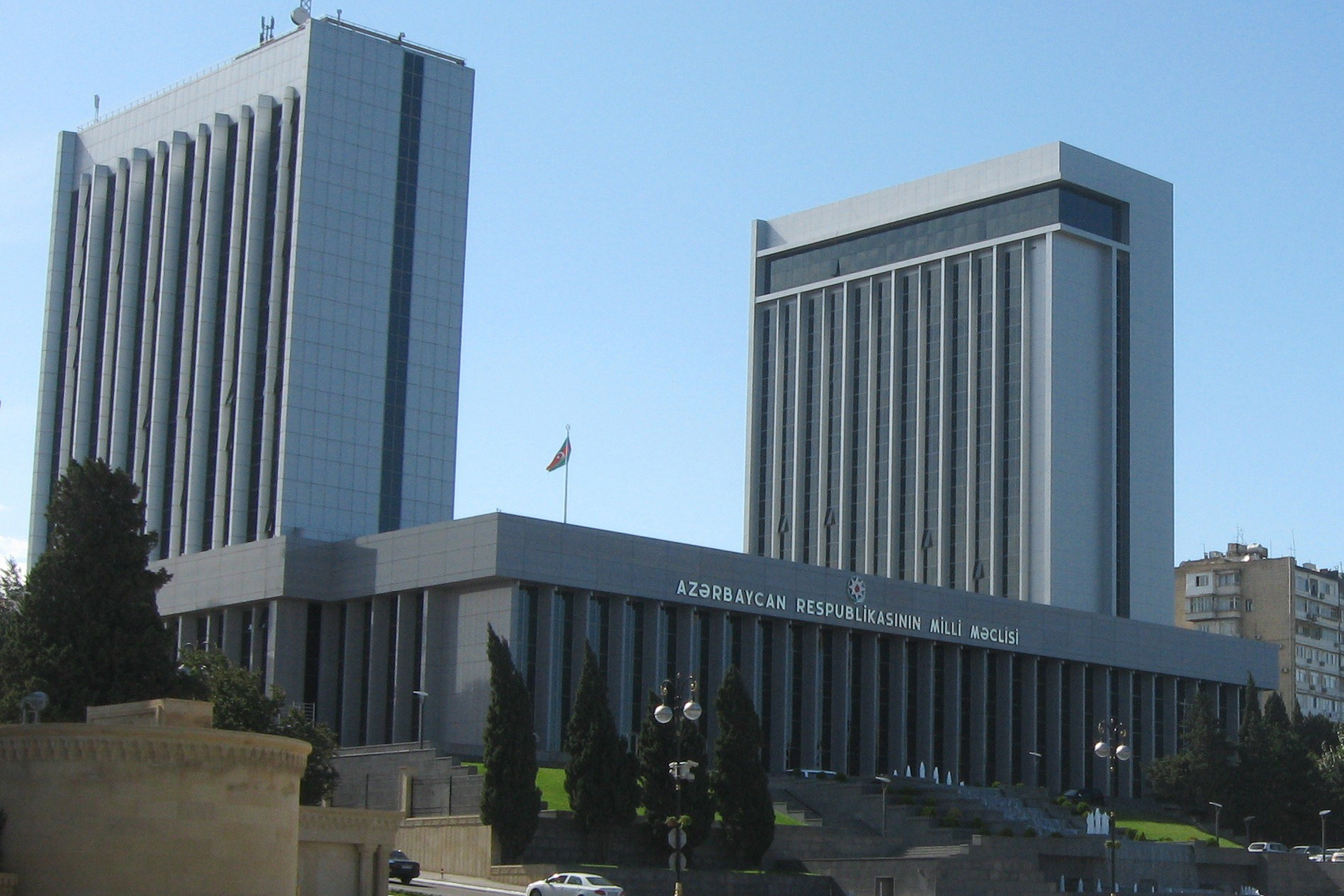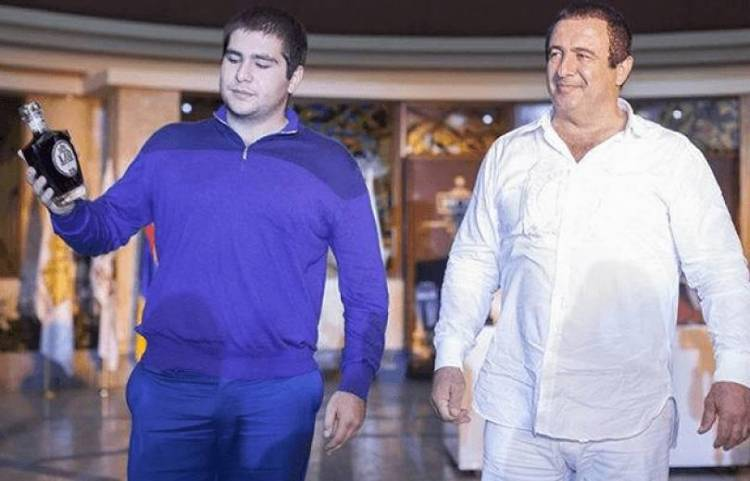
Following a meeting of the ruling New Azerbaijan Party’s Political Council, the ruling party has announced plans to dissolve Parliament and prepare for snap elections. Some have speculated that the move is meant to strengthen the position of President Ilham Aliyev’s wife, Vice-President Mehriban Aliyeva.
The party’s Executive Secretary, Ali Akhmedov, justified the move by saying that the ‘reforms led by President Ilham Aliev should not be left out of the legislative sphere’.
‘We hope the parliament will make this decision in the near future’, he added.
Earlier in the year, Azerbaijani media reported that early parliamentary elections were in the works.
Back in July, Ahmedov denied the reports, stating ‘there is no reason to hold early parliamentary elections in Azerbaijan’. Ahmedov’s deputy, Siyavush Novruzov, was even more adamant, telling reporters that ‘there will be no extraordinary parliamentary elections in Azerbaijan’.
The date of the elections has not yet been set, which must be done at least 60 days in advance. On 28 November, Siyavush Novruzov told local media that the president would determine the date for the parliamentary elections.
Why a new parliament?
According to Akif Gurbanov, head of the Institute for Democratic Initiatives, the dissolution of parliament does not mean that there will be any fundamental transformation of the current political order.
‘We are talking about a change in the cosmetic image of the government and its team, in terms of age, education, and biography’, Gurbanov told OC Media.
‘It seems that new people will be brought in, but in essence, nothing will change. These new people will be the relatives […] or part of the close circles of their predecessors in one way or another.’
Gurbanov said that the true purpose of the elections was a change in personnel to strengthen the position of first-lady and vice-president of Azerbaijan Mehriban Aliyeva, with the eventual goal of allowing her to come to power.
‘After the new elections’, he said, ‘it is likely that the process of transfer of power to [Aliyeva] will be completed in the near future.’
Criticism from the opposition
Arif Hajili, the head of the opposition Musavat Party, wrote on Facebook that parliament should indeed be dissolved, though only because it was not elected ‘by the popular will’.
‘But, in order to avoid a parliament of the same or similar nature, serious electoral reform must be implemented first’, he wrote.
Ali Karimli, chair of the opposition Azerbaijan Popular Front Party, wrote that parliament would be dissolved ahead of schedule so that the government could hold snap elections in the cold of winter, in order to suppress turnout.
‘They understand that the protest electorate is growing every day. The government does not yet know how the alignment of forces will change before next fall,’ he wrote.
‘Do not expect reform or free elections’, he added.




 29 November 2019
29 November 2019


